By Rick VanSickle
From the very beginning, the wine program at Okanagan Crush Pad in Summerland, B.C. has been squarely focused on variety- and terroir-expression and a “less is more” philosophy.
Also in this report: B.C.’s Fortify Conference goes virtual for 2020.
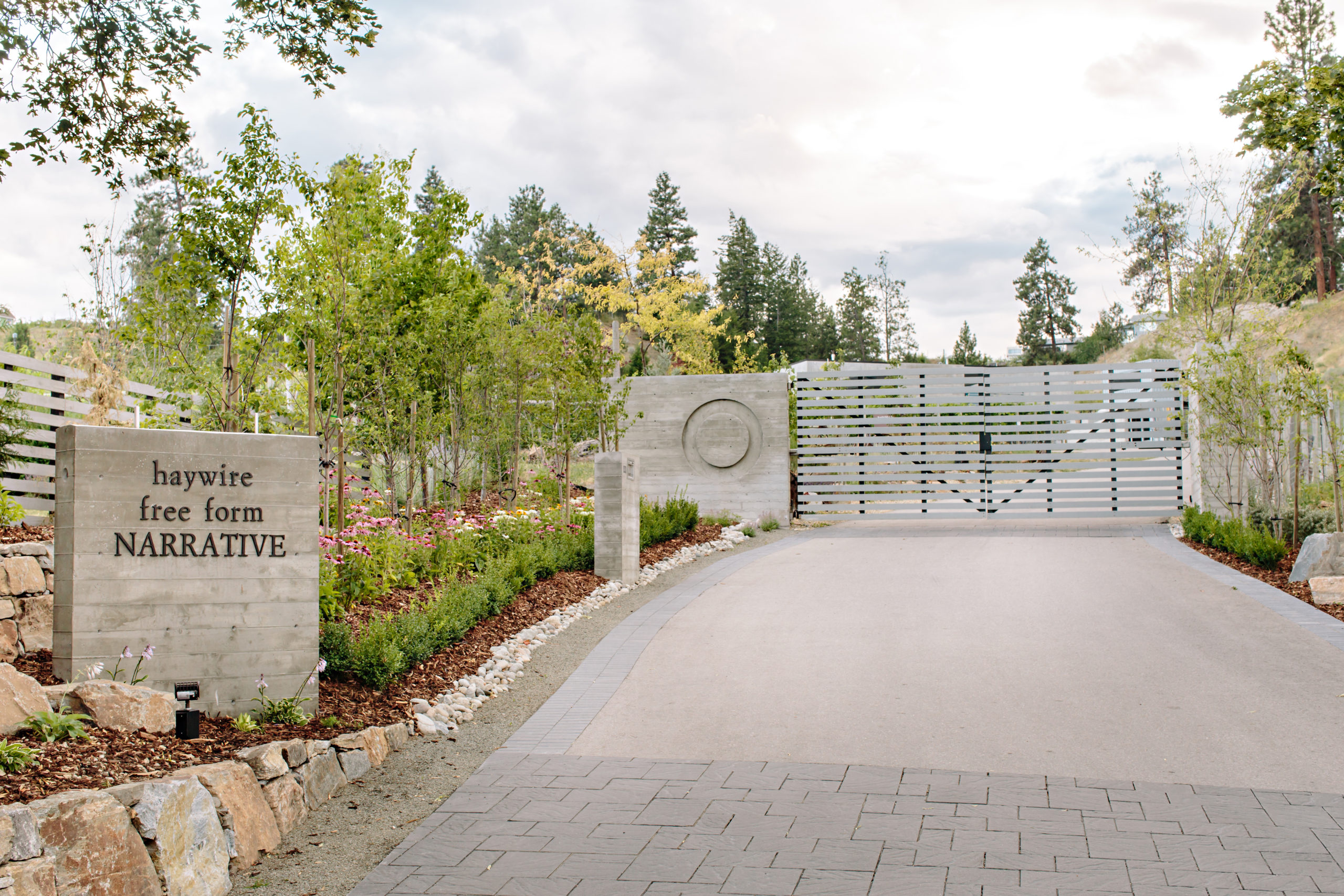
It’s a style throughout the OCP labels — Haywire, Free Form, Narrative and the new Bizou + Yukon label — that is unique in the Okanagan Valley, one that shuns oak, employs native fermentation, and extended skin contact followed by gentle pressing, free of rough handling, commercial additives and low to no sulfites in a pursuit throughout the brands to craft “wines of place.”
The Crush Pad turned heads throughout the industry when it embarked on a program that uses time-honoured, generations-old winemaking techniques, fermentations and aging in concrete and stainless steel tanks as well as clay amphorae. There is very little oak on site and what there is is large format and neutral.
Texture is the common theme of all the wines made at OCP, that and as a pure a representation of site-specific grape varieties as is possible.
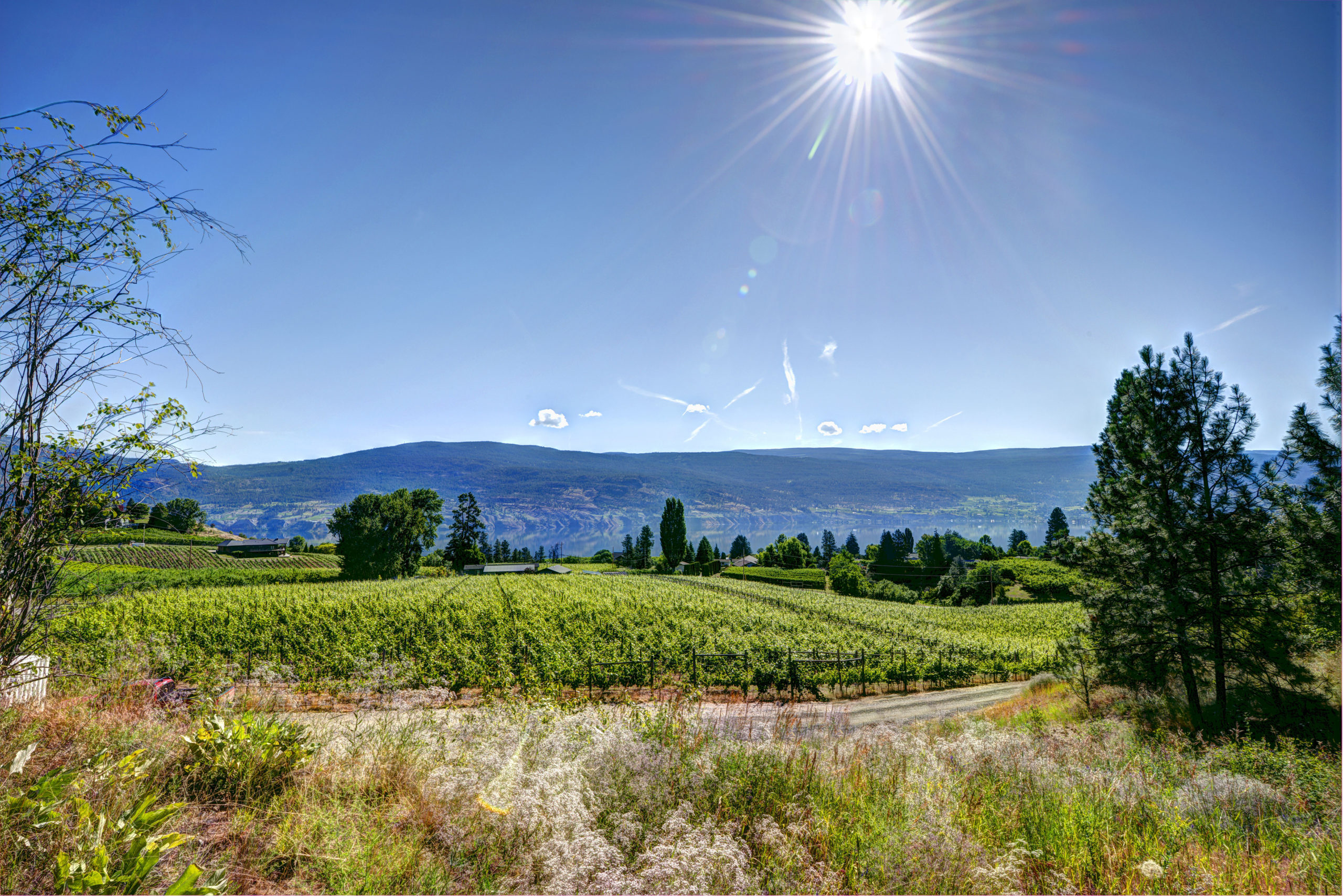
The owners of OCP, Christine Coletta and Steve Lornie (in very top photo with winemaker Matt Dumayne), leapt into farming in 2005 when they converted an old orchard to a vineyard, starting a chain of events that ultimately led to the construction of a purpose- built custom crush wine facility in 2011, and further land purchases in 2012.
Today the Okanagan Crush Pad is a 45,000-case shared facility where the winery’s labels Haywire, Narrative, Free Form and Bizou + Yukon are made. At the heart of the winemaking facility is a small guest center where visitors can discover a state-of-the-art space where table wine, sparkling wine, and spirits are made.
I tasted a range of wines recently from both the Free Form and Haywire labels, all crafted by winemaker Matt Dumayne who believes entirely in the philosophy of the OCP owners.
Here is what I liked.
Free Form wines

Free Form Blanc de Noir 2017 ($40, 93 points) — This Pinot Noir sparkler was whole bunch pressed to concrete tank for natural fermentation. In early January 2018 bottles were filled for secondary fermentation and aged sur lie. After 20 months the wine was disgorged and finished with zero dosage. It has a nose of bright lemon, green apple and pear with lovely creamy/toasty/brioche and mineral notes. The mousse is delicate and persistent on the palate with apple, lemon cream, melba toast, a hint of baked bread, minerals and a tangy/zesty finish. A complex and perfectly dry, finessed bubbly that will gain some fat with cellaring.
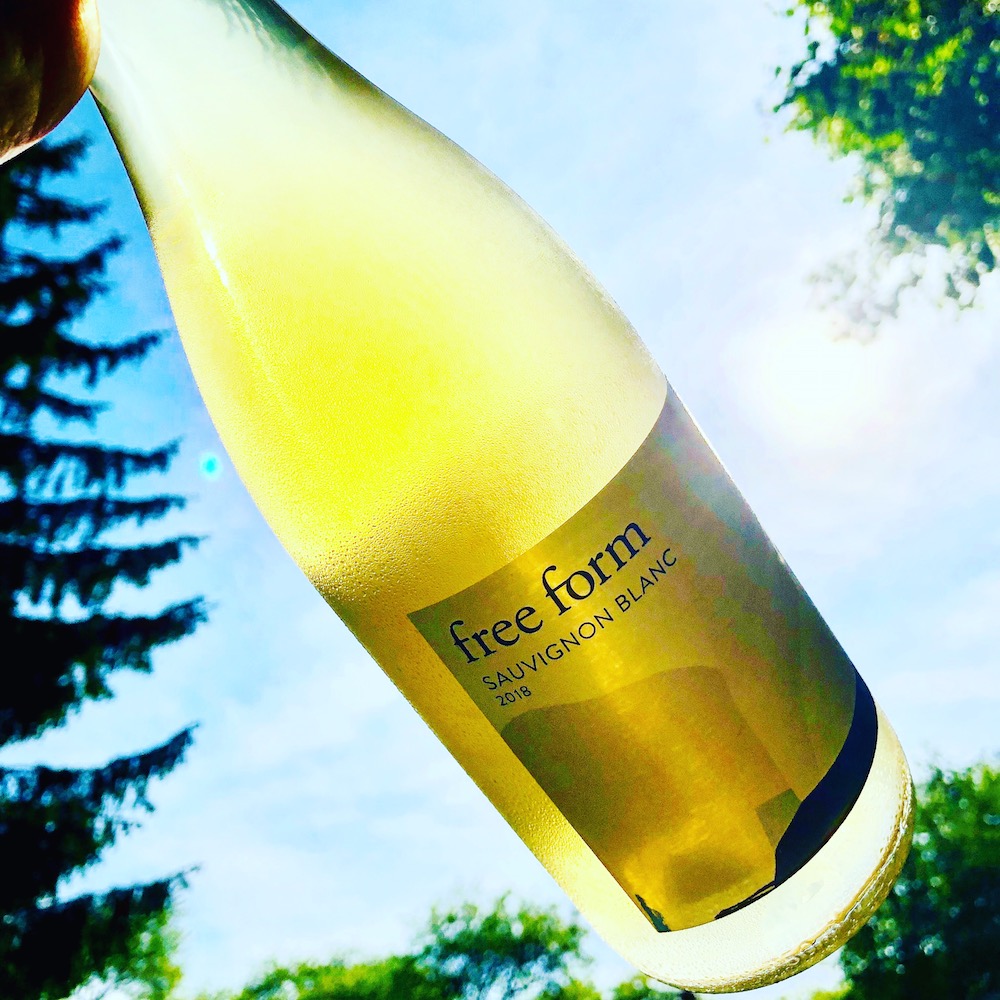
Free Form Sauvignon Blanc 2018 ($30, 92 points) — This is a skin-contact Savvy made the way nature intended. The wine was crafted in stainless steel and amphora using native yeast where it aged on skins for nine months. It was pressed and left to rest for an additional two months before bottling unfiltered. It has an expressive nose of grapefruit, wild herbs, citrus rind, lemon, green tea and lovely saline minerality. It has a gorgeous, creamy texture on the palate with a complex array of grapefruit, lemon, herbs and depth through a vibrant finish.

Free Form Riesling 2018 ($35, 89 points) — This certified organic Riesling is from Garnet Valley Ranch in Summerland. The grapes were fermented in clay amphora with native yeast and then aged in stainless steel. It has an expressive nose of lime, grapefruit, saline minerality and green apple accents. It’s off-dry on the palate and quite interesting with lime cordial, citrus, wild honey, stony minerality and a juicy, vibrant finish.

Free Form Rosé 2018 ($27, 88 points) — This certified organic Cabernet Franc from Osoyoos was naturally fermented in concrete with full malolactic fermentation and extended lees ageing with no sulphur added. It shows juicy red berries on the nose with subtle earthy notes and meadow herbs. The palate reveals the full range of ripe red berries, sage and a savoury edge with a bright finish and touch of sweetness.
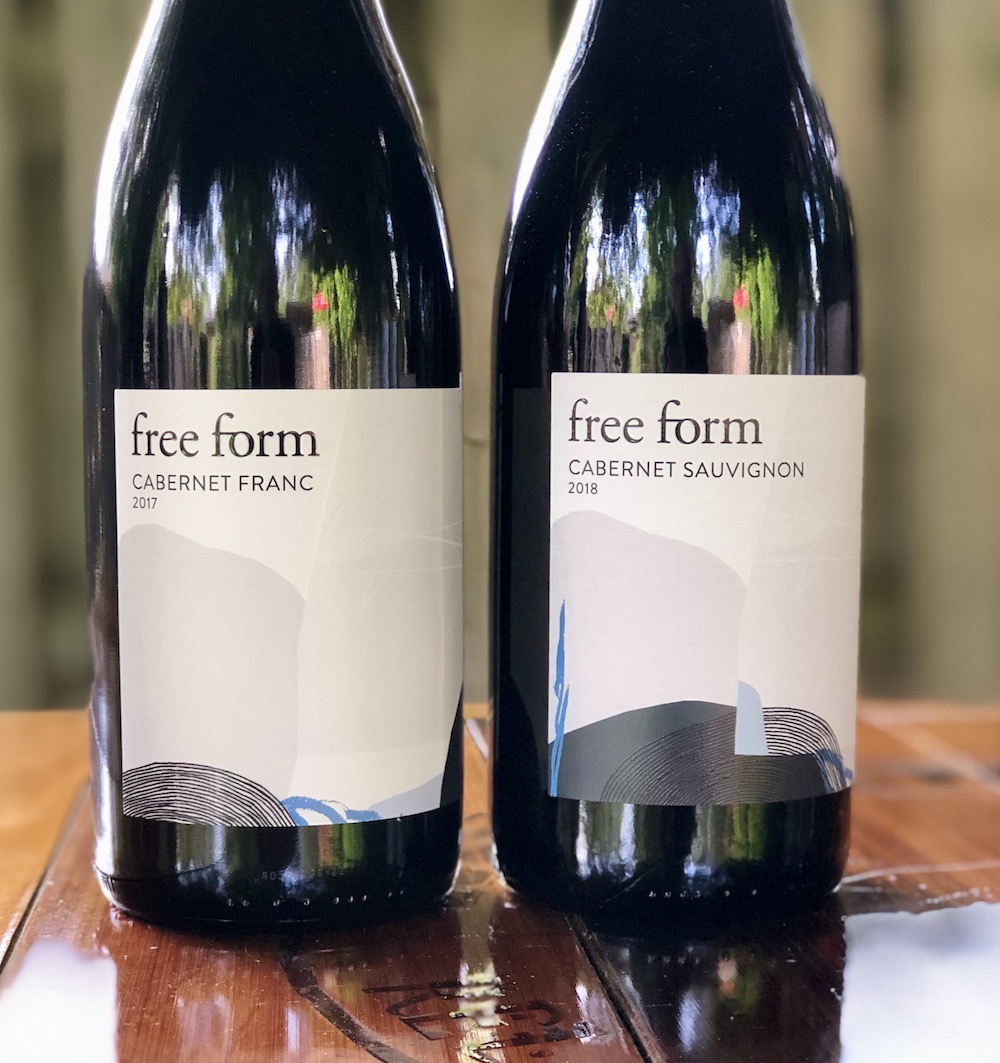
Free Form Cabernet Franc 2017 ($45, 90 points) — This Cabernet Franc was sourced from an organic vineyard in Kaleden and was destemmed and put into two clay amphorae and three large oak vessels. After eight months of skin contact the wine was pressed off blended to a concrete tank to settle naturally and bottled. It has a savoury/earthy nose with dark red berries, mocha, licorice, smoke, herbs and anise. It’s rich and savoury on the palate with fine tannic structure, licorice, currants, kirsch, earth and electric, mouth-watering acidity on the finish.
Free Form Cabernet Sauvignon 2018 ($45, 92 points) — This organic Cabernet Sauvignon from Osoyoos was unencumbered from any additives or oak ageing. Fruit was destemmed and put into stainless open tops. Native fermentation started spontaneously and grapes were punched down twice a day by hand. After 11 months of concrete ageing, post basket pressing, the wine was settled naturally and bottled. This Cab Sauv takes the road less travelled it terms of style. It has a fragrant, fruit-driven nose of blackberries, plums and red berries. The red and dark fruits are ripe on the palate to go with polished tannins, and bright acidity. A lighter shade of Cabernet for easy drinking all year round.
Haywire wines

Haywire Secrest Mountain Chardonnay 2018 ($27, 91 points) — The wine was whole bunch pressed into two egg-shaped concrete tanks for a long, slow native ferment followed by malolactic fermentation. It was left on gross lees to build texture and richness for 10 months before bottling unfiltered. It is free of oak, additives, and not manipulated in any way. It has a creamy nose of ripe apple, pear, lemon and fresh minerality. The full range of Okanagan orchard fruits ring true on the palate followed by zesty citrus and a creamy texture with mouth-watering acidity driving through the finish.

Haywire Pinot Gris Switchback 2018 ($27, 90 points) — There is a nice golden glow in the glass with a subtle nose of melon, pear, stone fruits and wild flowers. It’s texturally beautiful with pear, apple, melon, sage, touch of cream and ginger with length through a vibrant finish. I love this style of Gris and wish more B.C. wineries would follow suit.

Haywire Gamay Rosé 2019 ($23, 88 points) — This Gamay was whole bunch pressed into a mix of both concrete (80%) and stainless steel (20%) for fermentation using native yeast. The wine was fermented dry and then pressed to concrete tank and left on the lees for six months. It shows a pale salmon colour in the glass with a nose of savoury red berries and herbs. It’s perfectly dry on the palate with notes of red plums, strawberries, raspberries, bramble and herbs all leading to a lifted finish.

Haywire Gamay 2018 ($27, 89 points) — The grapes for this Gamay come from the estate’s organically farmed high elevation Secrest Mountain Vineyard. The fruit was gently destemmed with a portion left whole cluster for carbonic complexity. It was fermented in a combination of open top and concrete fermenters before ageing for eight months in large concrete tanks. The wine was bottled unfiltered. It has an enticing nose of plums, red berries, wild sage and subtle peppery notes. It has wonderful texture and poise on the palate with juicy red berries, herbs and a tangy finish. Crushable Gamay!
B.C.’s Fortify Conference
goes virtual for 2020
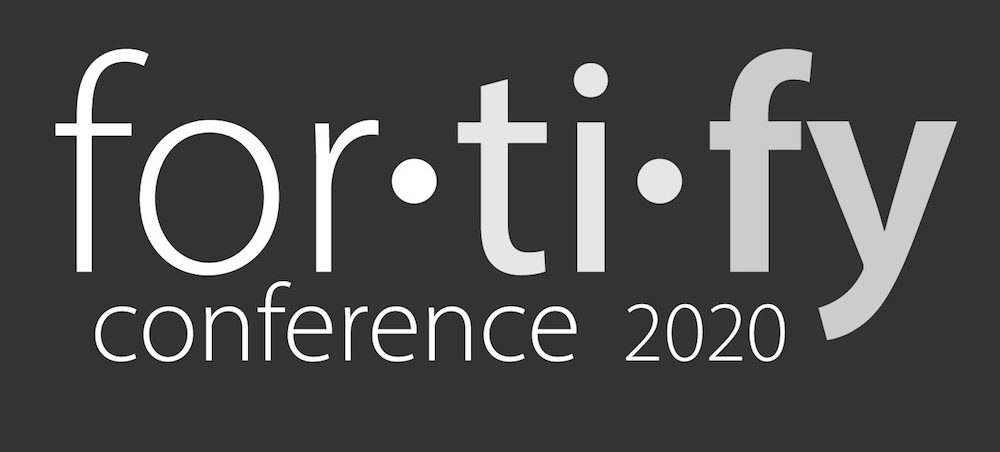
Fermenter, brewer, or distiller, the third annual Fortify Conference is aimed at those in the business of creating products, by-products, and business products related to brewing, fermenting, and distilling, is going virtual for 2020.
“The beverage sector continues to navigate through the challenges of re-opening and getting back to business, and with many questions and uncertainty, this is the time to move forward with planning and preparing,” says Sandra Oldfield of Elysian Project, co-founder of the conference.
“We are working on three pillars of content focused on collaboration, innovation, and resiliency,” she says. Conference sessions will be announced at a later date, but will cover topics such as financial planning, HR strategies, and marketing.
While Fortify is scheduled for Nov. 24, an extra day may be added along with pre-conference webinars on specific topics this summer, such as sessions on best practices for COVID-19 regulations and health and safety.
“Our members have had to make many changes, as all businesses have, but have embraced virtual learning and hosting their own online events,” says Hugh McClelland of the Naramata Bench Wineries Association, “and it will be great to see that continue through Fortify.”
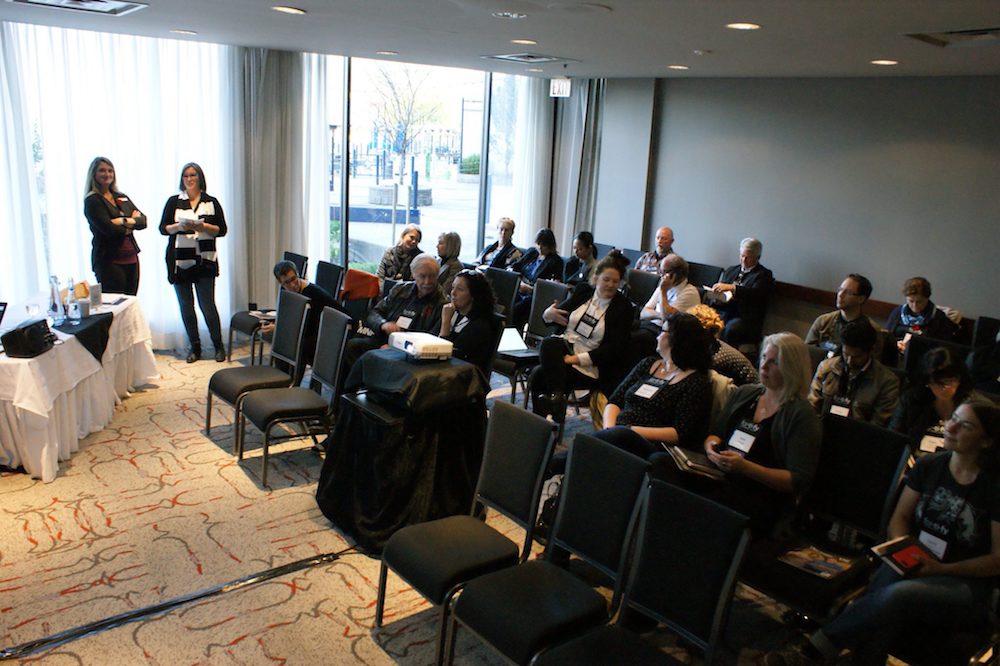
Plans are also underway for a virtual trade show. Last year’s in-person trade show was sold out, but going online this year means it can expand. Attendees will be able to visit the “floor” virtually, pick up information, and even meet one-on-one with vendors.
A digital conference allows for a wider roster of speakers and presentations from experts from across North America and around the world, and is an opportunity for attendees from across Canada to join their colleagues online.
“We don’t know what November will bring relative to COVID protocols, but we do know that business must go on, and in that vein, so will Fortify. We are pleased to see this move ahead with the third year of this high-caliber event that the industry has come to appreciate and support,” says Al Hudec of Farris LLP.
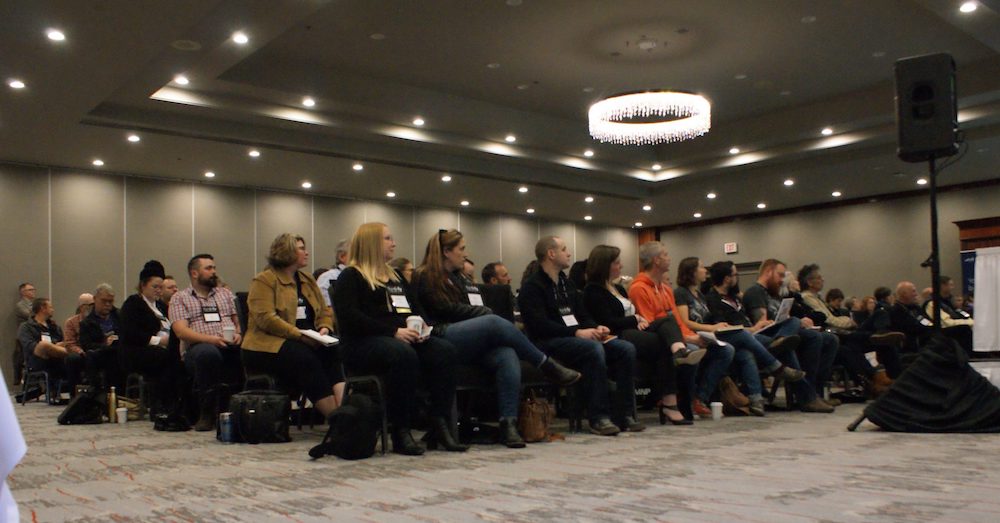
Fortify was established to fill a need across industries for education, training and networking opportunities to help B.C.’s breweries, wineries, distilleries, and cideries affordably access business supports and tools, and is coordinated by the Business Alliance for Artisan Fermenters and Distillers and builds on the popular Wine Industry Roundtable previously hosted by MNP LLP and Farm Credit Canada, who are the event’s foundational sponsors along the B.C. provincial government’s Buy B.C. program.
A sign-up form is available at https://fortifyconference.ca/. Information and registration will be shared as plans are solidified. Potential vendors are encouraged to get in touch soon by emailing Carolyn MacLaren at dcmaclaren@shaw.ca for more details.
— Information for the Fortify Conference was provided by the organizers


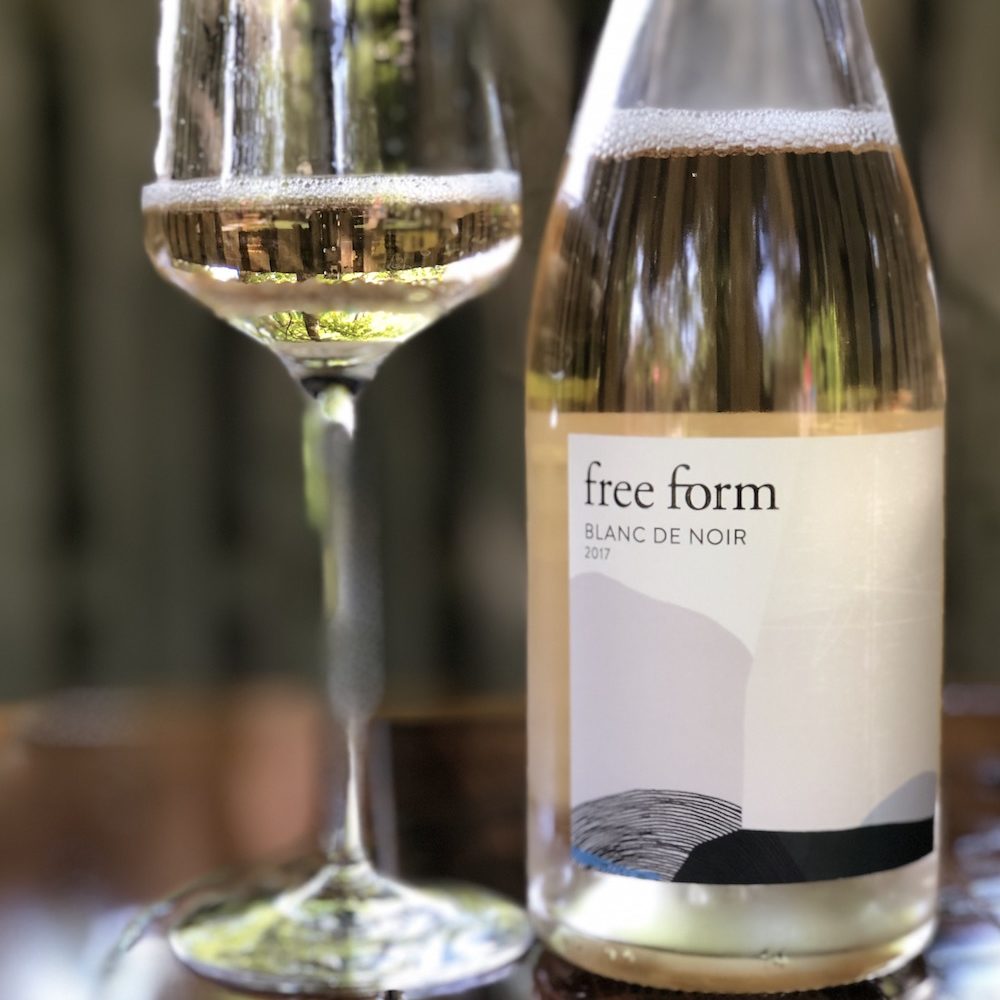




Comment here